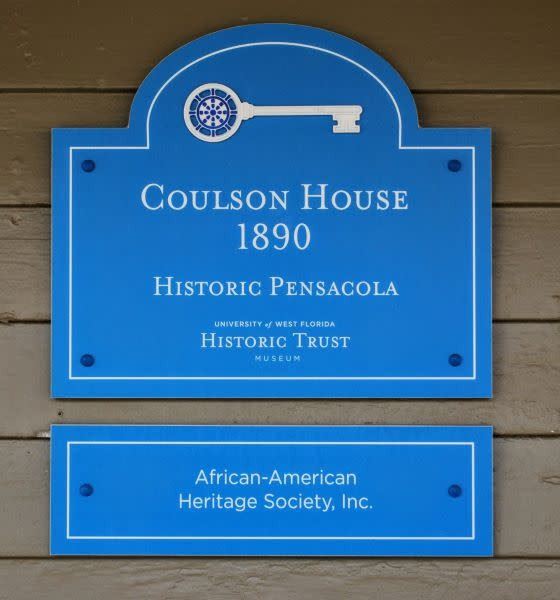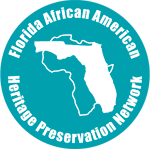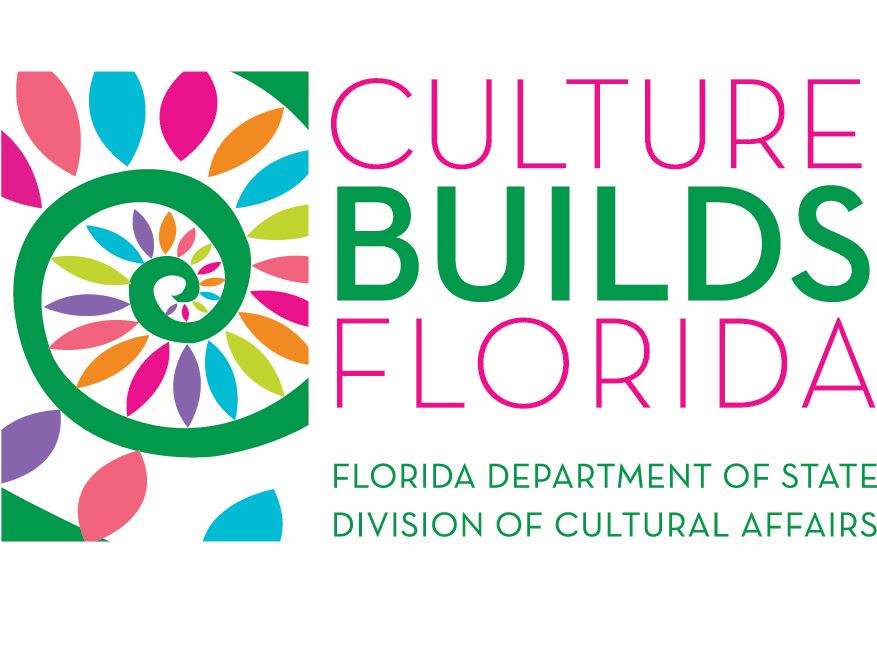UPCOMING EVENT
|
We are excited to announce the grand reopening of our museum following renovations, along with the unveiling of our new Permanent Art Collection. This exhibit showcases masterpieces from celebrated artists such as Jacob Lawrence, Olin Dows, Jackson Lee Nesbitt, Bisa Butler, and many others. Mr. Donald Partington, a passionate art collector, will lead a presentation about the new collection. Join us for a reception and don’t miss your chance to win stunning door prizes including Beautiful Hand Blown Glass and additional items generously provided by First City Art Center and a silent auction item from Randall's Menswear.
See just a few of the door prizes to be given to registrants, below!
We welcome you to participate in this event on Thursday, January 22, 2026 at 4:30 p.m.
Reserve your seat by registering through our Eventbrite link here!
November 15, 2025 – 35th Anniversary Gala!
The 35th Anniversary Gala, held on November 15, 2025, marked the opening event of our 2025-2026 season. The evening celebrated the “Dandy” theme by presenting 37 distinguished men from our Pensacola Community who exemplified style and grace. Guests enjoyed inspiring music, creative dance, poetry, modeling, and interesting insightful introductions of each of the dandies, recognitions of those who make our mission possible, and other special activities, making it a memorable start to an exceptional year.
We extend our heartfelt gratitude to everyone who joined us and contributed to the incredible success of our 35th Anniversary Gala featuring the Dandies!
Gala Highlights!

|
We sincerely acknowledge the outstanding commitment and diligence of our 2025 Advisory Committee and extend our deepest gratitude for their unwavering dedication and exemplary efforts.
|
|
 |
|
CONGRATULATIONS TO OUR 35TH ANNIVERSARY HONOREES!
Mrs. Jane Switzer
Pensacola (FL) Chapter of The Links, Inc. (Represented by Chapter President Dr. Anita Gail Choice)
Mr. Quint Studer
Mrs. Orastine Wills
Mr. Donald Partington, Esq.
|
|
|  |
We sincerely appreciate our distinguished gentlemen models—the Dandies—for their outstanding contributions and for bringing such elegance and style to our event!

|
We still have a limited number of Dandy cut-outs available for purchase. If you're interested and would like to confirm availability, please contact us by emailing aahspensacola@gmail.com or calling (850) 469-1456, Wednesday through Saturday between 10:00 AM and 3:30 PM. |
Thank you to our 25th Anniversary Gala Sponsors! We Appreciate your Generous Support!


Our Gallery is temporarily closed to allow for the installation of our brand-new Art Collection. We are thrilled to announce that we will reopen on Thursday, January 22, 2026, at 4:30 p.m. in conjunction with a special Art Talk presented by Mr. Donald Partington.
We invite you to explore our museum, conveniently located at 200 Church Street in the heart of Pensacola's Downtown Historic District.
NOTE: Beginning Friday, January 23, 2026 there will be an Admission Fee to enter the Museum!
Adults $10.00
Children ages 17 and under $5.00
Children up to age 3 - No Charge
Our doors are open during the following times:
-
· Wednesday: 10:00 AM – 4:00 PM
-
· Thursday: 10:00 AM – 4:00 PM
-
· Friday: 10:00 AM – 4:00 PM
-
· Saturday: 10:00 AM – 4:00 PM
`
For more information, please call us at (850) 469-1456.
Annual Sponsors


Pensacola Heritage Foundation
A collaborative organization dedicated to preserving and promoting the rich history of Pensacola.





















